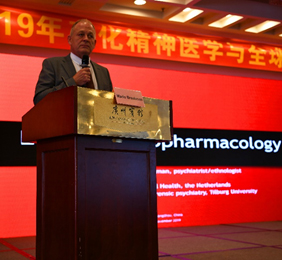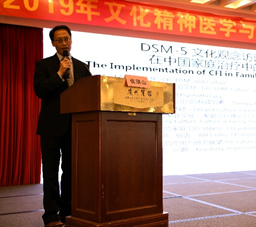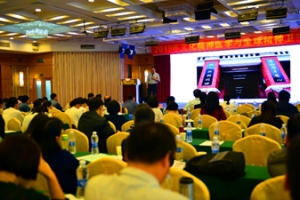Stigma of mental illness and COVID-19 – Cultural perspectives
Webinar sponsored by the Special Interest Groups on Culture, Stigma, and Discrimination and Cultural Psychiatry and the COVID-19 Pandemic of the World Association of Cultural Psychiatry
You can watch the webinar now on: https://www.youtube.com/watch?v=xP6w9FlE_9w
Stigma of mental illness, a significant public health concern, has long been recognized as a major barrier to the successful treatment and recovery of persons living with mental disorders. Infectious diseases, including COVID-19, are also a crucial public health issue that can evoke fear in the general public leading to stigmatization of, and discrimination against, specific populations (e.g., quarantined people, front-line health workers, and persons living with mental disorders). Moreover, the COVID-19 pandemic can cause severe psychological distress and mental health problems, such as depression, anxiety, and posttraumatic stress disorder. Cultural contexts differ in the extent and specific characteristics of the stigma related to mental illness and COVID-19 and the strategies deployed to address them. Culturally congruent, effective interventions need to be implemented to reduce stigma related to these conditions in order to enhance public physical and mental health.
In this webinar, which was held on 12/10.2021, we presented a synopsis of the relationship between culture and stigma associated with mental illness and COVID-19, and discuss a culturally informed framework for clinical practice, research and policy making.
Chairs:
Dr. Mao-Sheng Ran, MD, PhD, Chair, Culture, Stigma and Discrimination SIG, WACP
Dr. Hans Rohlof, MD, PhD, Chair, Cultural Psychiatry and the COVID-19 Pandemic SIG, WACP
Prof. Roberto Lewis-Fernández, MD, President of WACP
Other members of the organisation: Prof. Jie Li, Dr. Joanna Zhyang, Dr. Tianming Zhang (张 天明) (China), Dr. Albert Persaud (UK).
PROGRAM
8.00. Welcome.
Hans Rohlof, MD, PhD, Chair, Cultural Psychiatry and the COVID-19 Pandemic SIG, WACP
Roberto Lewis-Fernández, MD, President of WACP
Moderator: Mao-Sheng Ran, MD, PhD, Chair, Culture, Stigma and Discrimination SIG, WACP
Presenters
1) 8.05 Dinesh Bhugra, MD
Emeritus Professor, Mental Health and Cultural Diversity at the Institute of Psychiatry, Psychology & Neuroscience (IoPPN), King’s College London ,Past President, World Psychiatric Association
Global perspective on stigma and the pandemic, and effects on the minority groups in the UK
2) 8.20. Melanie Escaño
One of the founders of Filipino Migrants in Solidarity (FILMIS),Representative for Migrant Domestic Workers Network of the Dutch Federation of Labour Unions
Personal experiences with the pandemic and the social and psychological consequences
8.35. Questions and Answers
3) 8.45. Cécile Rousseau, MD
Professor, Division of Social and Cultural Psychiatry, McGill University, Montréal, Canada
Title: COVID related discrimination, cumulative stress and psychological distress in Canada
4) 9.00 Winnie W. S. Mak, PhD
Professor, Department of Psychology, The Chinese University of Hong Kong
Title : We are all interconnected: Tackling stigma of mental illness during COVID-19 pandemic
9.15. Questions and Answers
9.25 Conclusions. Mao-Sheng Ran, MD, PhD
Contact us:
Roberto.Lewis@nyspi.columbia.edu, msran@hku.hk, hrohlof@gmail.com
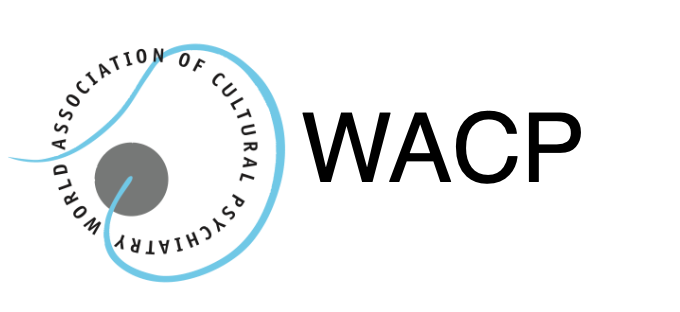
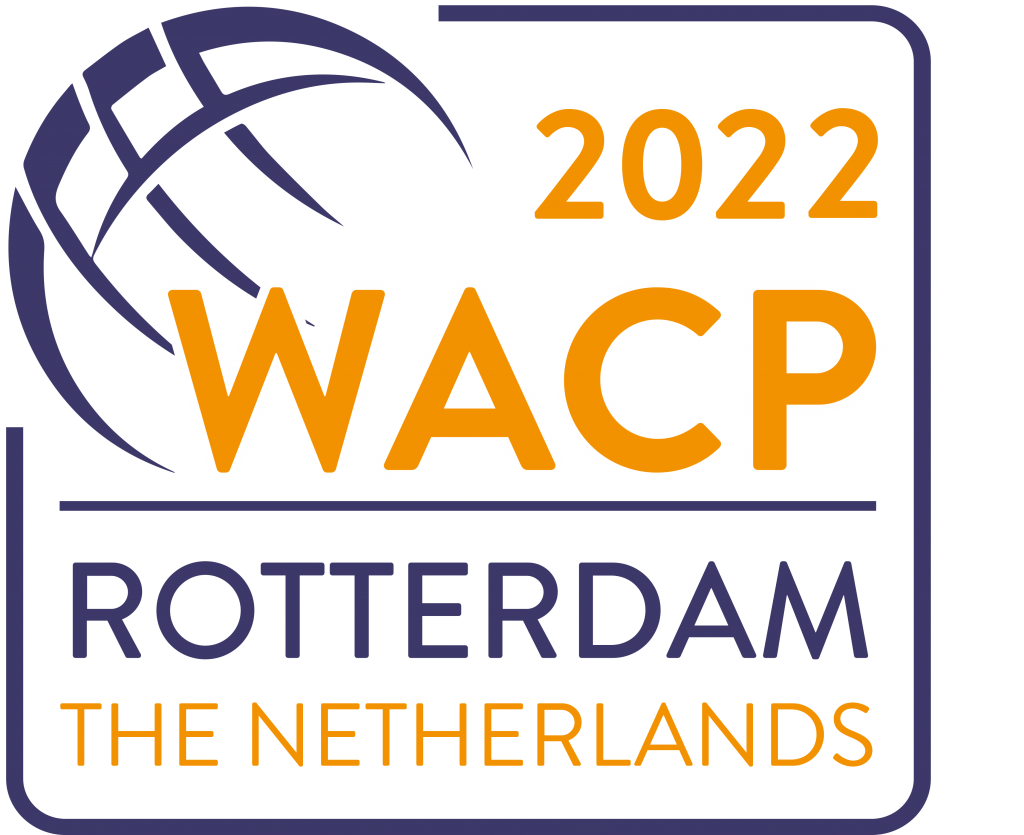
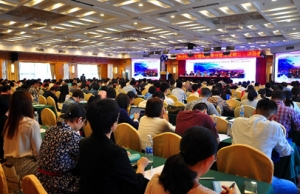
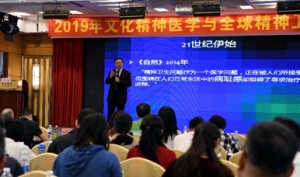
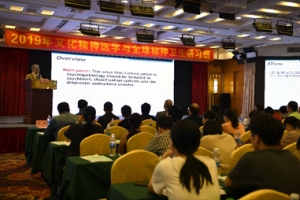 Professor Roberto Lewis-Fernández from the Department of Psychiatry at Columbia University, the president-elect of WACP; Professor Mario Braakman from Tilburg University; Professor Jie Li from Guangzhou Huiai Hospital; Dr. Shawn Hou, chief psychologist of the American Psychological Service Center; Dr. Yu Pang, vice-president of Beijing Huilongguan Hospital; and Professor Cheng Yu from the department of sociology and anthropology at Sun Yat-sen University, along with other scholars. Topics included the cultural classification of mental disorder, ethno-psychopharmacology, stigma and mental disorders, the application of the DSM-5 Cultural Formulation Interview in Chinese family therapy, social and cultural factors in psychological crisis intervention, and mental health and medical humanities.
Professor Roberto Lewis-Fernández from the Department of Psychiatry at Columbia University, the president-elect of WACP; Professor Mario Braakman from Tilburg University; Professor Jie Li from Guangzhou Huiai Hospital; Dr. Shawn Hou, chief psychologist of the American Psychological Service Center; Dr. Yu Pang, vice-president of Beijing Huilongguan Hospital; and Professor Cheng Yu from the department of sociology and anthropology at Sun Yat-sen University, along with other scholars. Topics included the cultural classification of mental disorder, ethno-psychopharmacology, stigma and mental disorders, the application of the DSM-5 Cultural Formulation Interview in Chinese family therapy, social and cultural factors in psychological crisis intervention, and mental health and medical humanities.